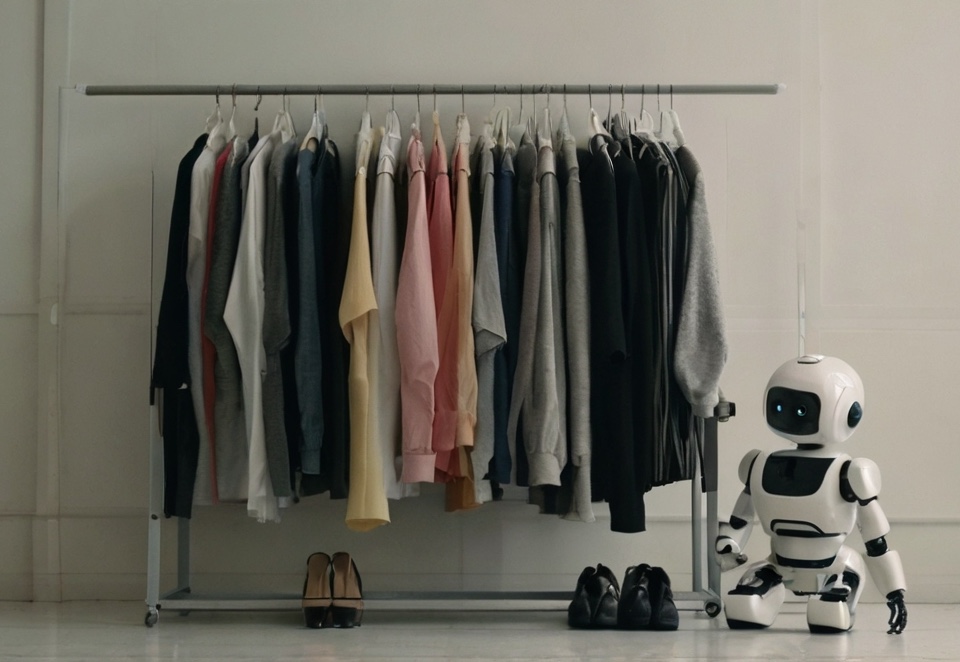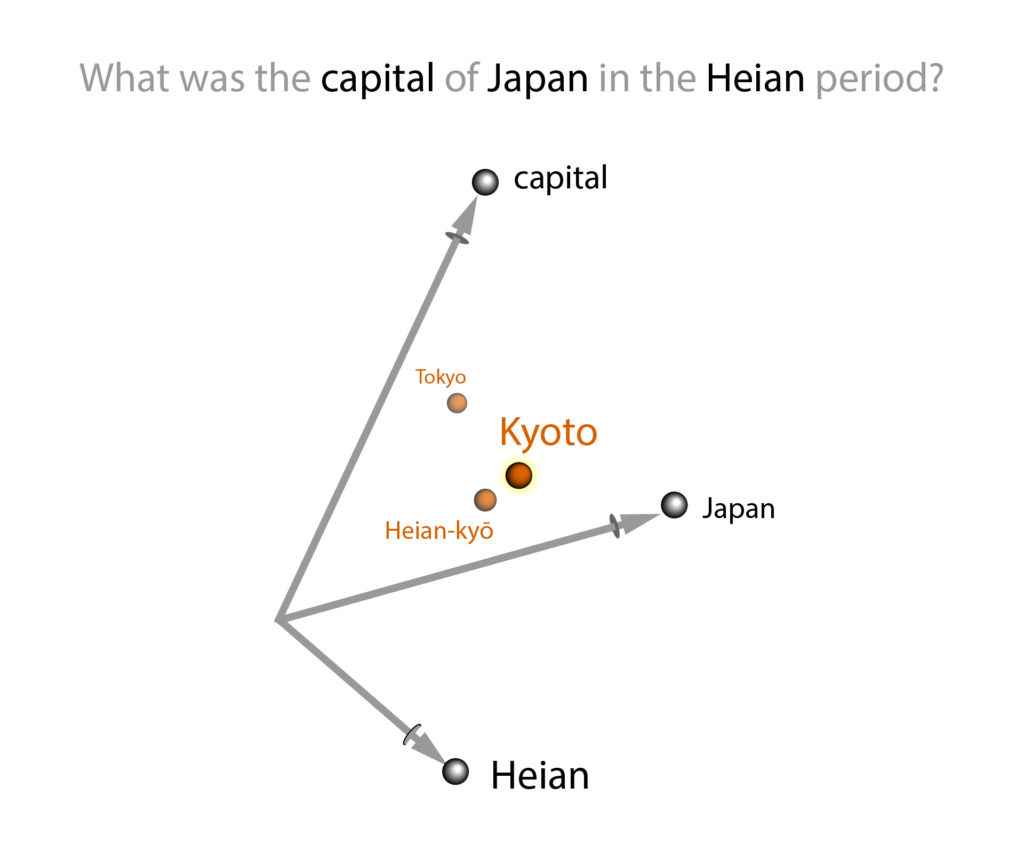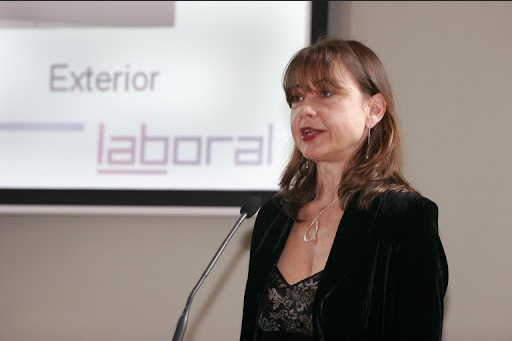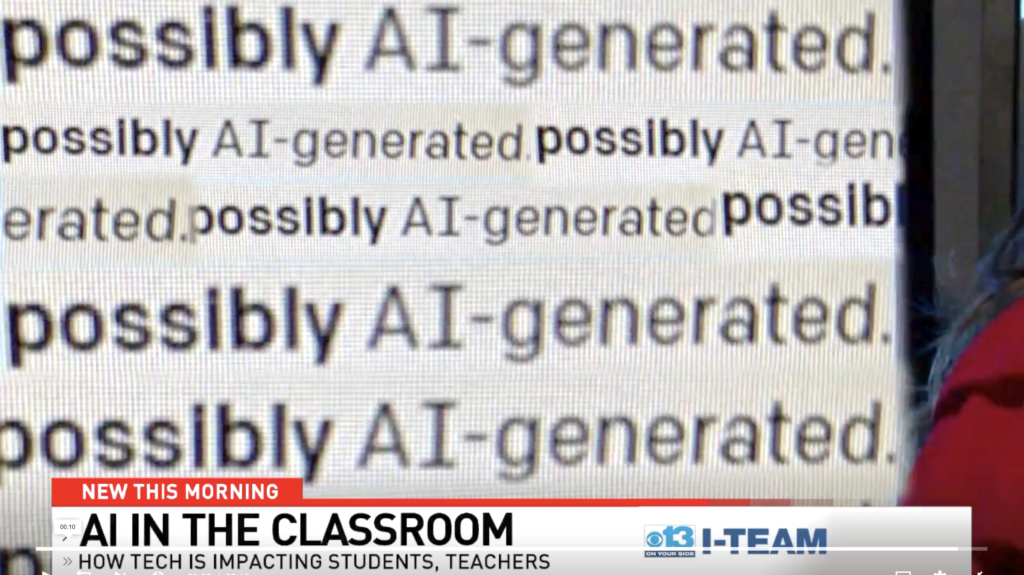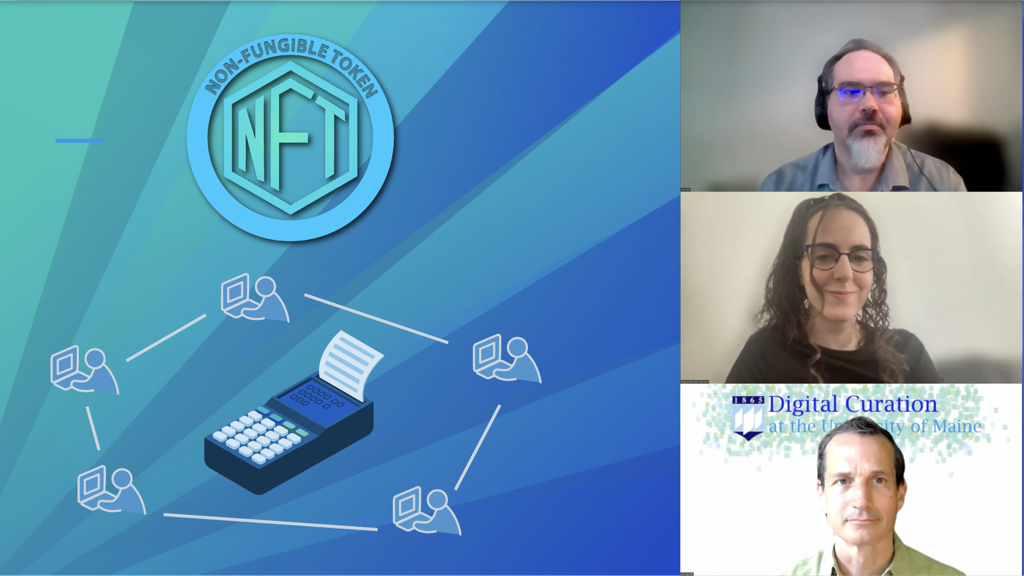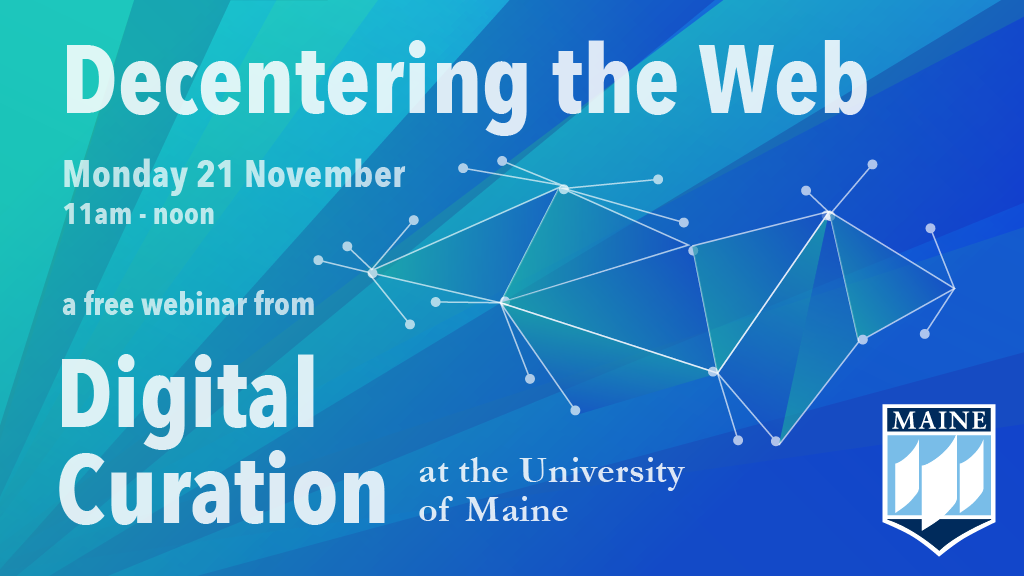Should you let AI manage your collection?
This April’s teleconference from UMaine’s Digital Curation program looks at the practical and ethical issues of integrating AI into archival workflows—and how human crowdsourcing can fill in the gaps.
Should you let AI manage your collection? Read More »


